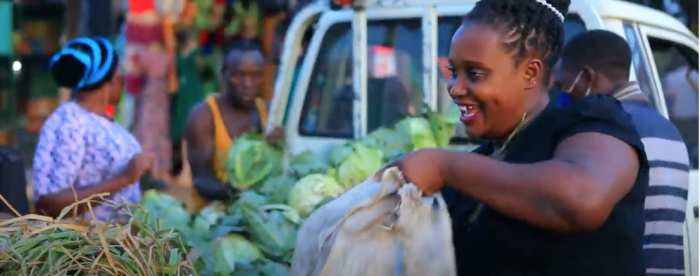News
Our stories ... ...

Uganda - 09 October, 2020
Before the advent of oil palm plantations in Kalangala islands on Lake Victoria, subsistence agriculture and fishing were the dominant economic activities. However, oil palm plantation monoculture is now the leading economic activity and has resulted in vegetation and land use changes. The oil palm plantations came with many wide ranging negative impacts from deforestation, land grabbing, shift in the agricultural systems, food insecurity to loss of livelihoods among others. This video highlights lessons from Kalangala to raise awareness of the negative impacts of oil palm plantations, so that investors and communities make better informed decisions in the future.
This video has been produced by Ecological Trends Alliance with support of Tropenbos International as part of a training on story telling within the Green Livelihoods Alliance programme. The training was provided by RNTC Media Training Centre.